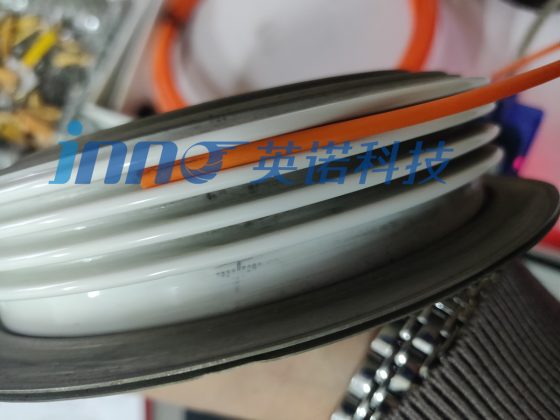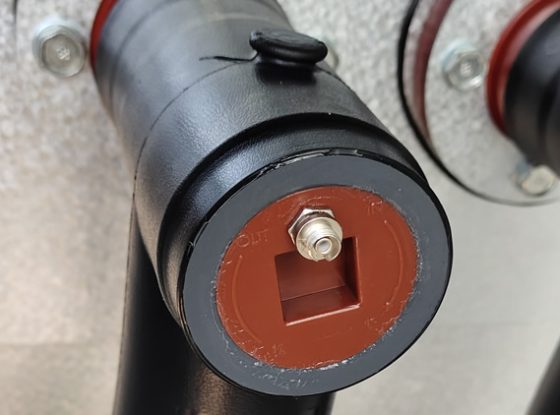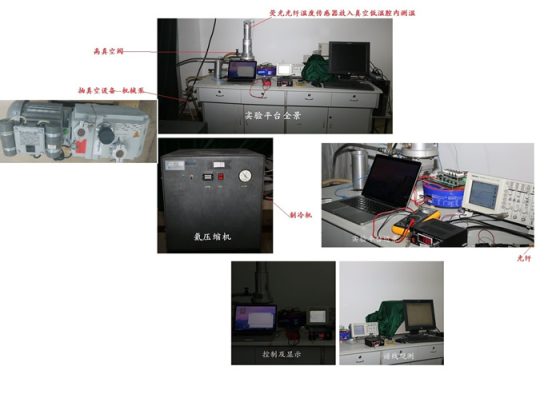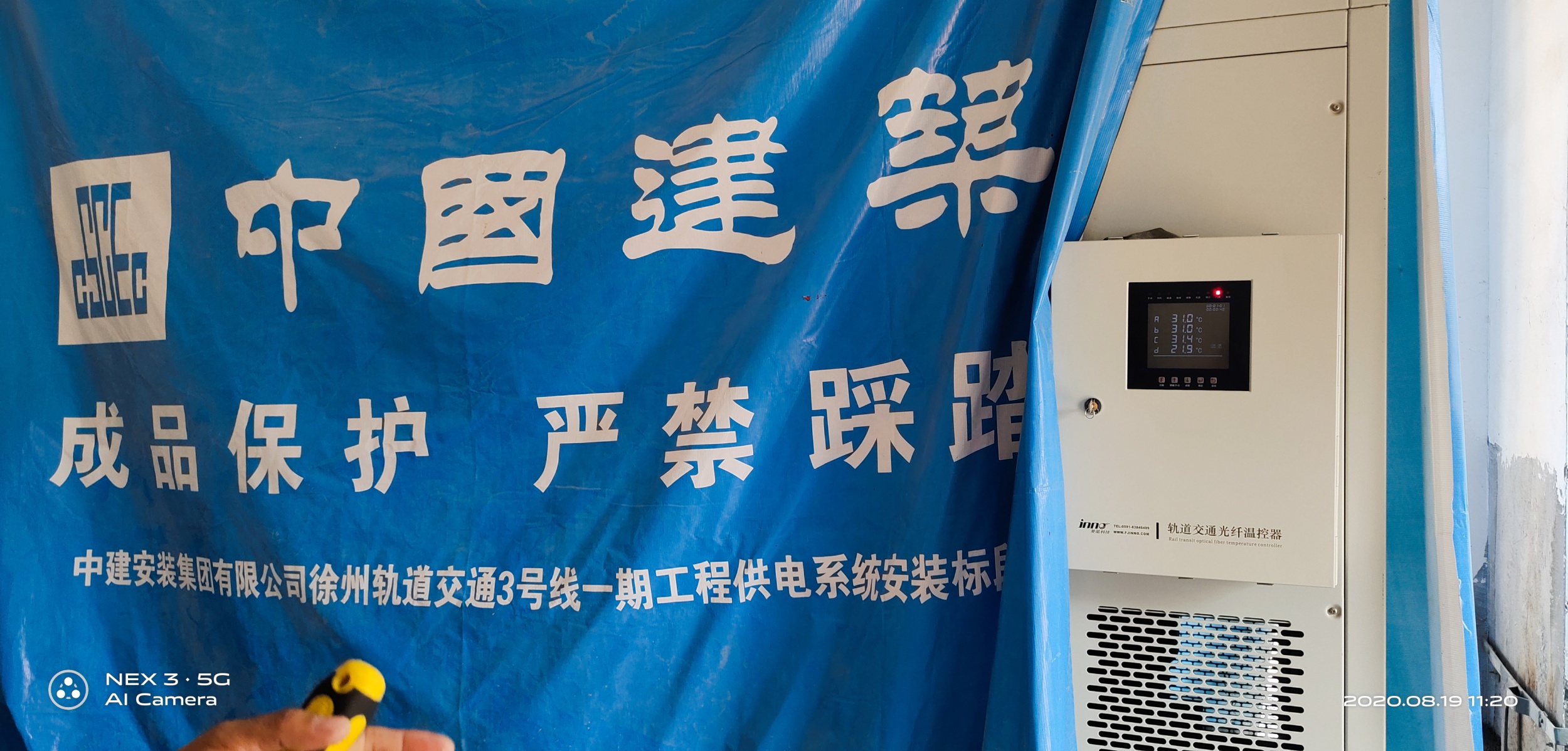Utilizing a distributed fiber optic temperature measurement system to monitor pipelines in real-time 24/7, comprehensively grasping the temperature signal changes of the pipeline. In case of liquid or gas leakage in the pipeline, the system can generate an alarm in a timely manner and accurately locate the accident location.


The use of fiber optic distributed temperature monitoring technology has been proven to be an effective method for detecting and locating pipeline leaks, through the use of optical time-domain reflection measurement (OTDR) technology for localization. As a medium for temperature sensing, how to arrange and construct optical cables reasonably, and how to lay them better and more effectively in various special terrain areas to ensure the quality of laying construction are the foundation of optical fiber temperature measurement accuracy and the top priority for efficient use in the later stage.
The fiber optic distributed pipeline monitoring system uses fiber optic as a sensor to detect pipeline leakage points by monitoring temperature changes outside the pipeline. The main principle of the DTS fiber optic distributed pipeline monitoring system is the Raman effect. Raman scattering light is caused by molecular vibrations influenced by heat, and backscattered light carries information about the local temperature at which scattering occurs.
Ko e tufaki e filo optic temperature measurement system mainly consists of a distributed fiber optic temperature demodulator and a temperature measurement optical cable. The distributed fiber temperature demodulator is a distributed temperature sensing system (DTS) that continuously measures the ambient temperature of the fiber optic. It uses advanced OTDR technology and Raman scattering light’s temperature sensitive characteristics to detect temperature changes along different positions of the fiber optic, achieving truly distributed temperature measurement and positioning. As a mature fiber optic distributed temperature measurement method, this device has the advantages of long measurement distance, high measurement accuracy, vave ʻo e tali ʻaukai, ʻAnitai electromagnetic kaunoa, portability, mo e ala meʻa pehē., and can be widely used for leakage monitoring of heating pipeline networks.
The main advantages of a distributed fiber optic pipeline leakage temperature detection system
1. The temperature measurement medium adopts armored optical cable, which does not require external power supply, convenient construction, and no need for later maintenance;
2. Fully monitor the pipeline network without dead angles in all directions, with real-time online monitoring for 24 houa ʻe. It can achieve simultaneous positioning of multiple leakage points, with a high positioning accuracy of up to 1m;
3. The platform software can accumulate big data and intelligently analyze to obtain the trend of changes in pipeline insulation effect.
Filo optic e ʻea sensor resistance, Founga vakaiʻi ʻo e ʻatamai poto, Tufaki e filo optic ʻi Siaina
 |
 |
 |
 ʻIkai ha kalava optic e mafana ʻo e ʻea ,founga vakaiʻi ʻo e māfana ʻo e ʻeá.
ʻIkai ha kalava optic e mafana ʻo e ʻea ,founga vakaiʻi ʻo e māfana ʻo e ʻeá.








